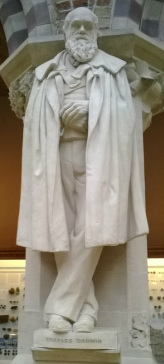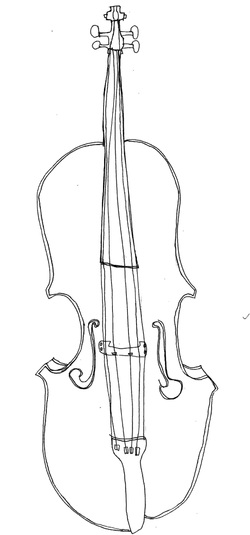
Naomi Alderman captures it beautifully in her novel The Liars’ Gospel at the point where Iehuda (Judas) is beginning to get to grips with Yehoshuah’s (Jesus) ideology:
Iehuda allowed his mind to follow, across the map of the wide world, across the empires and kingdoms that fought and tried to rule and subdue each other. And he imagined what might happen if these words travelled from mouth to mouth, from mind to mind, from one city to the next to the next, if this simple message – love your enemy – were the accepted creed of all the world. He did not see how it could happen. (p85-86)
He could not stop thinking after that. His mind was rattling like a cart on a rock-strewn road, picking up speed, heading downhill helter-skelter, jerking and bouncing. He wondered if he were going mad.(p86)
Iehuda thought about it. His mind was so clear now, it was as if he had removed the top of his head and the starlit sky was pouring through him, into his heart. (p87)

In the traditional telling of the Oedipus myth, the hero is on a journey towards uncovering the painful truth of his having killed his father and married his mother. However, in an alternative version of the story, which I first came across in a paper by the psychoanalyst John Steiner, it’s all about a cover-up: each of the characters has a vested interest in turning a blind eye to the knowledge of who Oedipus actually is. We can all collude in hiding from inconvenient truths.
In my short story, The Invention of Harmony, I wanted to explore the dizzying sense of a new idea and the paralysing fear it can evoke in someone who lacks the courage or the social support to see it through. I found it challenging to set this story in the past (and blogged about my first attempt at writing historical fiction in the post Stepping tentatively back in time), not only because the daily life of my mediaeval nuns was so different to mine, but because of the everyday knowledge of which they would be unaware. But, of course, that was the whole point of the story: the discovery of and retreat from innovation. Although Sister Perpetua’s revolutionary idea was in relation to choral singing (any excuse – here’s a short clip of singing nuns – you'll see I managed the subject even in my responses to Norah's mind-blowing Liebster award questions), I’m sure the same could happen with any other form of creativity.
What do you think? Have you ever had an idea that’s blown your mind? Have you ever turned your back on your own creativity? Look forward to your thoughts, however challenging they might be.





























 RSS Feed
RSS Feed





















